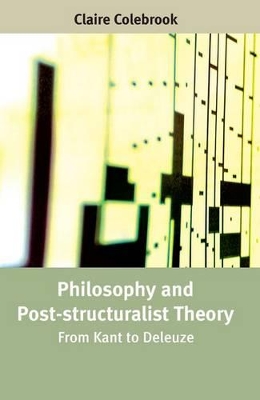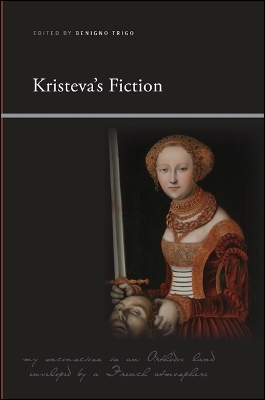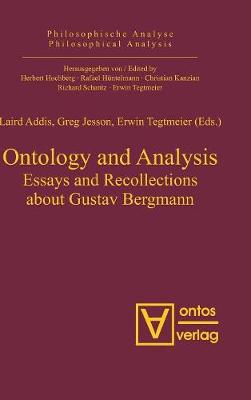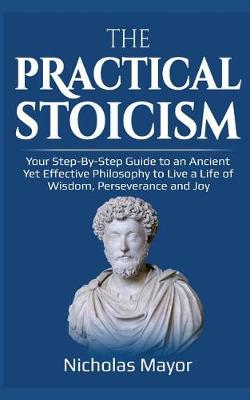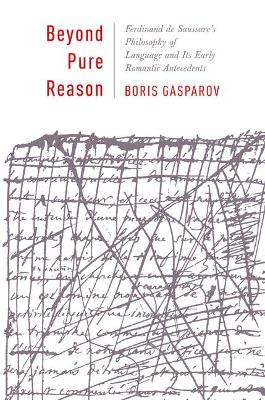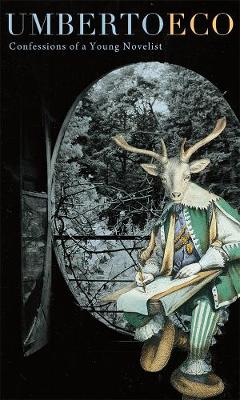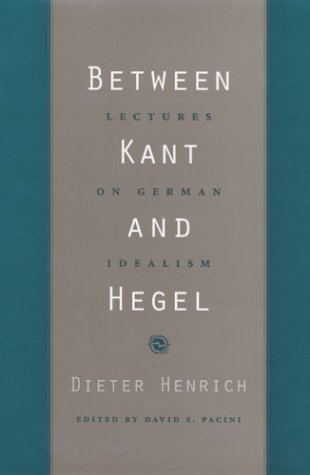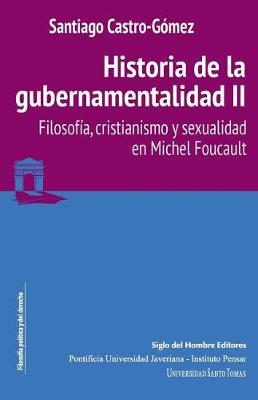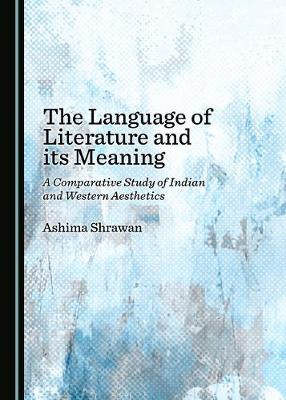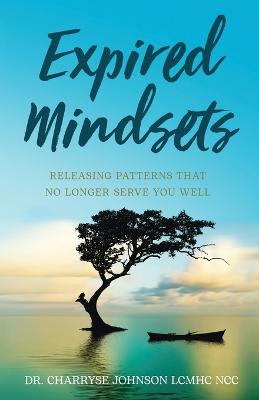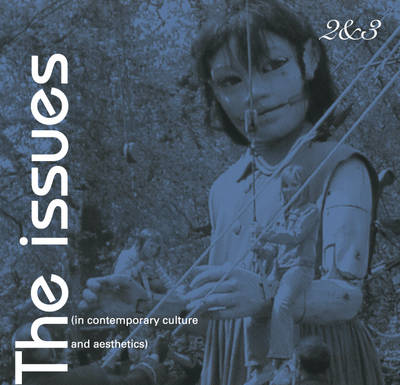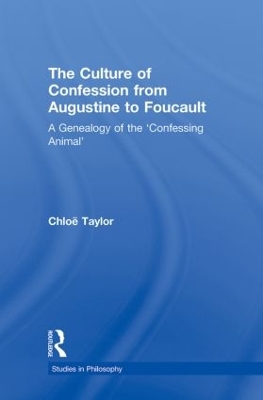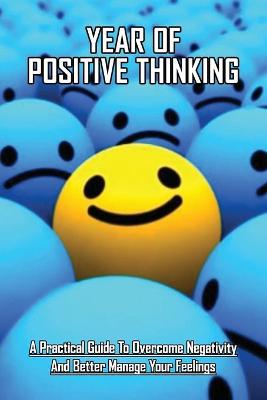A critique and overview of contemporary post-structuralist theory. Exploring the Kantian and phenomenological background of Derrida, Deleuze, Foucault and Irigaray, this book raises some key questions and issues in critical theory. Is it still possible to sustain a transcendental critical project? How do such projects fare in the current terrain of cultural studies and anti-representationalism? Key Features * Original contribution to ethical and critical theory. * Situates poststructuralism in i...
Kristeva's Fiction (SUNY series, Insinuations: Philosophy, Psychoanalysis, Literature)
Ontology and Analysis (Philosophische Analyse / Philosophical Analysis, #20)
by Laird Addis, Greg Jesson, and Erwin Tegtmeier
Gustav Bergmann (1906-1987) was, arguably, the greatest ontologist of the twentieth century in pursuing the fundamental questions of first philosophy as deeply as any philosopher of any time. In 2006 and 2007, international conferences devoted solely to Bergmann's work were held at the University of Iowa in the USA, Universite de Provence in France, and Universita degli Studi Roma Tre in Italy. The papers in this volume were presented at the first of these conferences, in Iowa City, where Bergma...
Beyond Pure Reason (Leonard Hastings Schoff Lectures)
by Boris Gasparov
The Swiss linguist Ferdinand de Saussure (1857-1913) revolutionized the study of language, signs, and discourse in the twentieth century. He successfully reconstructed the proto-Indo-European vowel system, advanced a conception of language as a system of arbitrary signs made meaningful through kinetic interrelationships, and developed a theory of the anagram so profound it gave rise to poststructural literary criticism. The roots of these disparate, even contradictory achievements lie in the th...
Der Strukturgedanke in Hegels Wissenschaft der Logik
by Alexander Schubert
Collapse (Urbanomic / Collapse)
The first published work to explore the new philosophy of speculative realism through a fresh reappropriation of the philosophical tradition and an openness to its outside. The first published work to explore the new philosophical field of speculative realism, the second volume of Collapse features a selection of speculative essays by some of the foremost young philosophers at work today, together with new work from artists and filmmakers, and searching interviews with leading scientists. Comp...
Umberto Eco published his first novel, The Name of the Rose, in 1980, when he was nearly fifty. In these "confessions," the author, now in his late seventies, looks back on his long career as a theorist and his more recent work as a novelist, and explores their fruitful conjunction.He begins by exploring the boundary between fiction and nonfiction-playfully, seriously, brilliantly roaming across this frontier. Good nonfiction, he believes, is crafted like a whodunnit, and a skilled novelist buil...
Sketch Book for Kids (Blank Sketch Book, #4) (Kids Sketchbooks, #8)
by Charles Greenvills
Electrifying when they were first delivered in 1973, becoming legendary in the years since, as transcripts passed from hand to hand, Dieter Henrich's lectures on German idealism were the first contact a major German philosopher had made with an American audience since the onset of World War II. They remain one of the most eloquent interpretations of the central philosophical tradition of Germany and the way in which it relates to the concerns of contemporary philosophy. The lectures appear here,...
There is a marked awareness about the language of literature and its meaning both in Indian and Western aesthetic thinking. The aestheticians of both schools hold that the language of literature embodies a significant aspect of human experience, and represents a creative pattern of verbal structure to impart meaning effectively.Modern Western aesthetic thinking, which includes theories like formalism, new criticism, stylistics, structuralism, post-structuralism, deconstruction, discourse analysi...
The Culture of Confession from Augustine to Foucault (Studies in Philosophy)
by Chloe Taylor
Drawing on the work of Foucault and Western confessional writings, this book challenges the transhistorical and commonsense views of confession as an innate impulse resulting in the psychological liberation of the confessing subject. Instead, confessional desire is argued to be contingent and constraining, and alternatives to confessional subjectivity are explored.
Dekonstruktion Und Ethische Passion (Phanomenologische Untersuchungen)
by Alwin Letzkus
Geschickte Gaben (Phanomenologische Untersuchungen)
by Kathrin Elisabeth Busch
